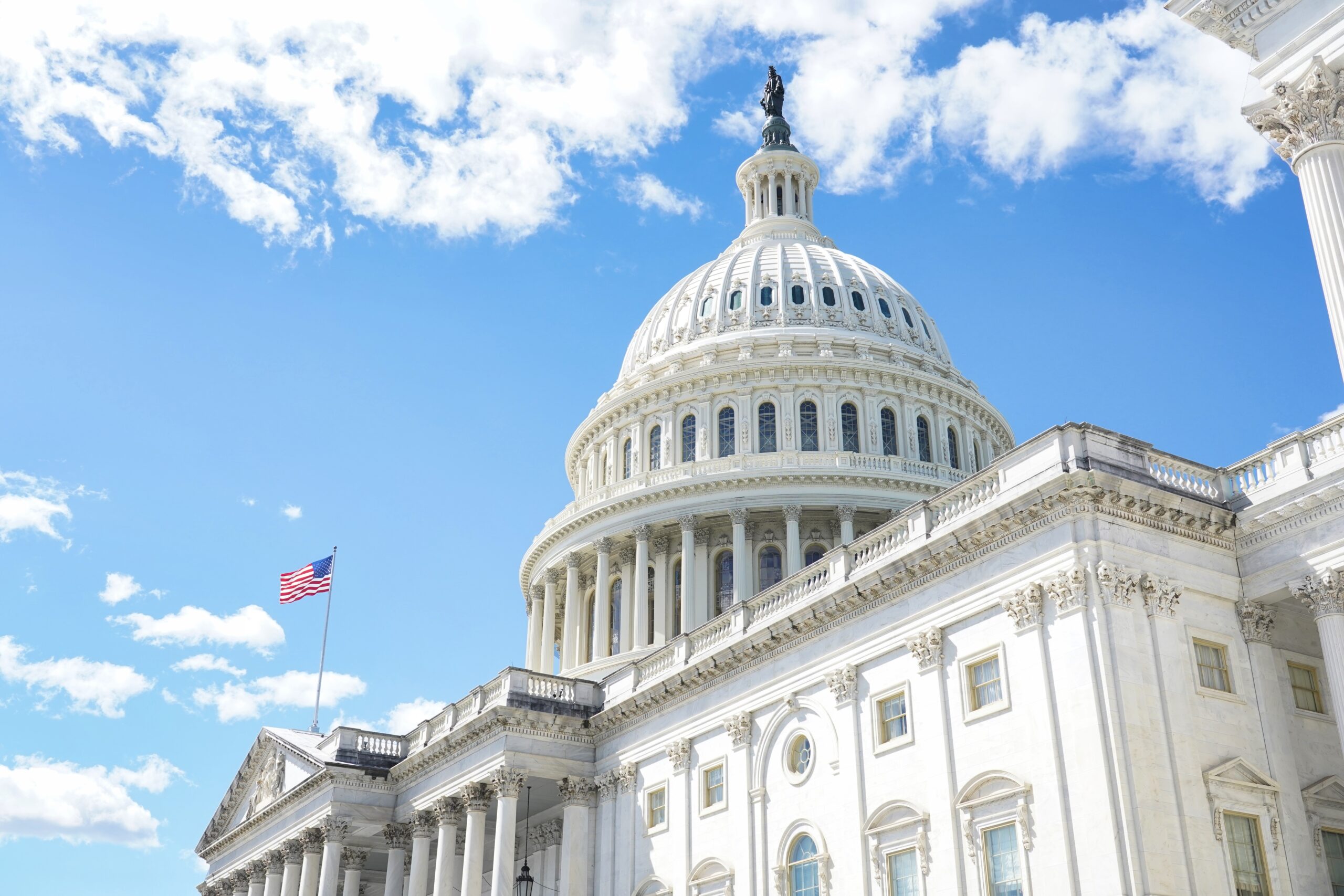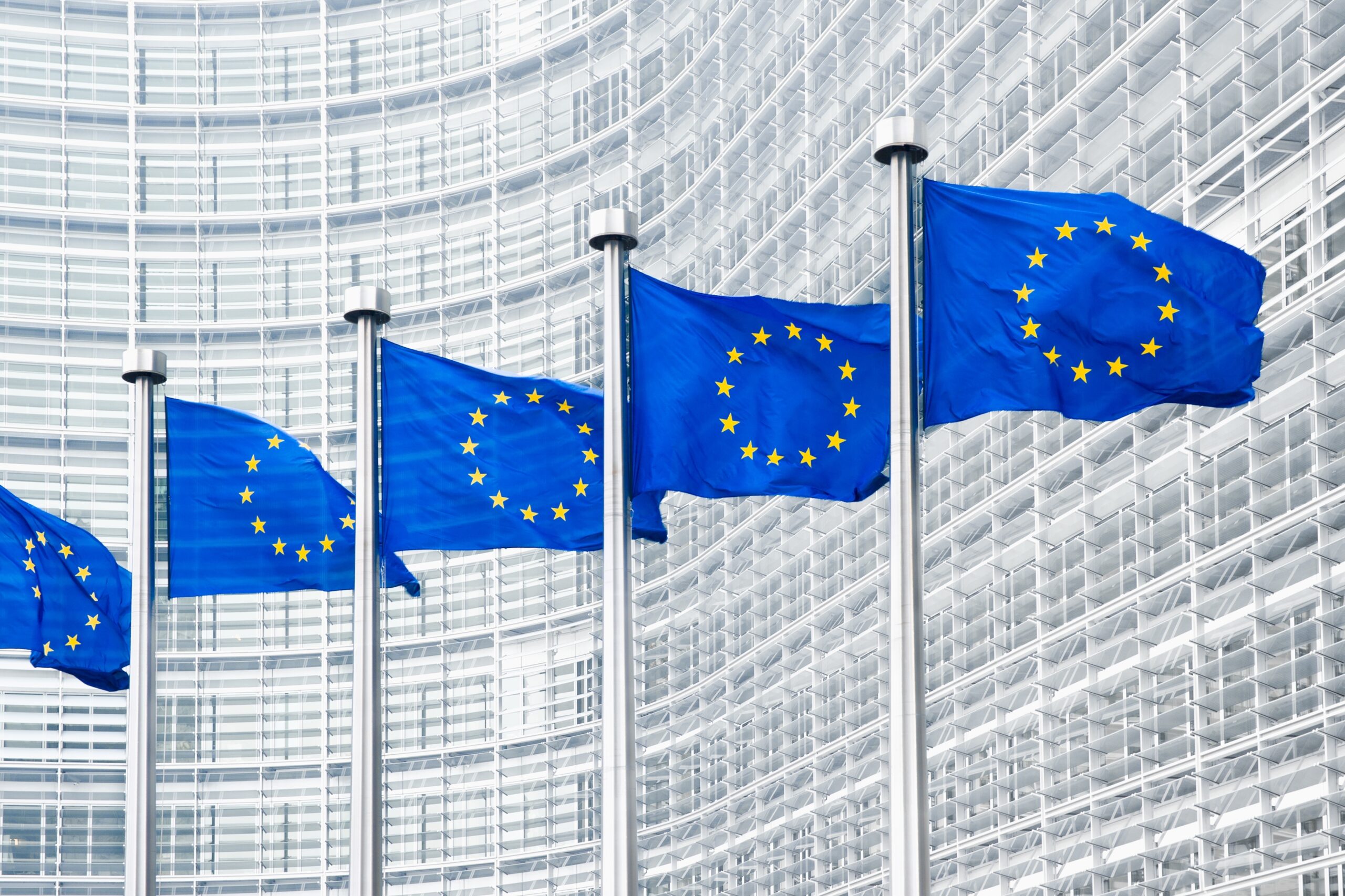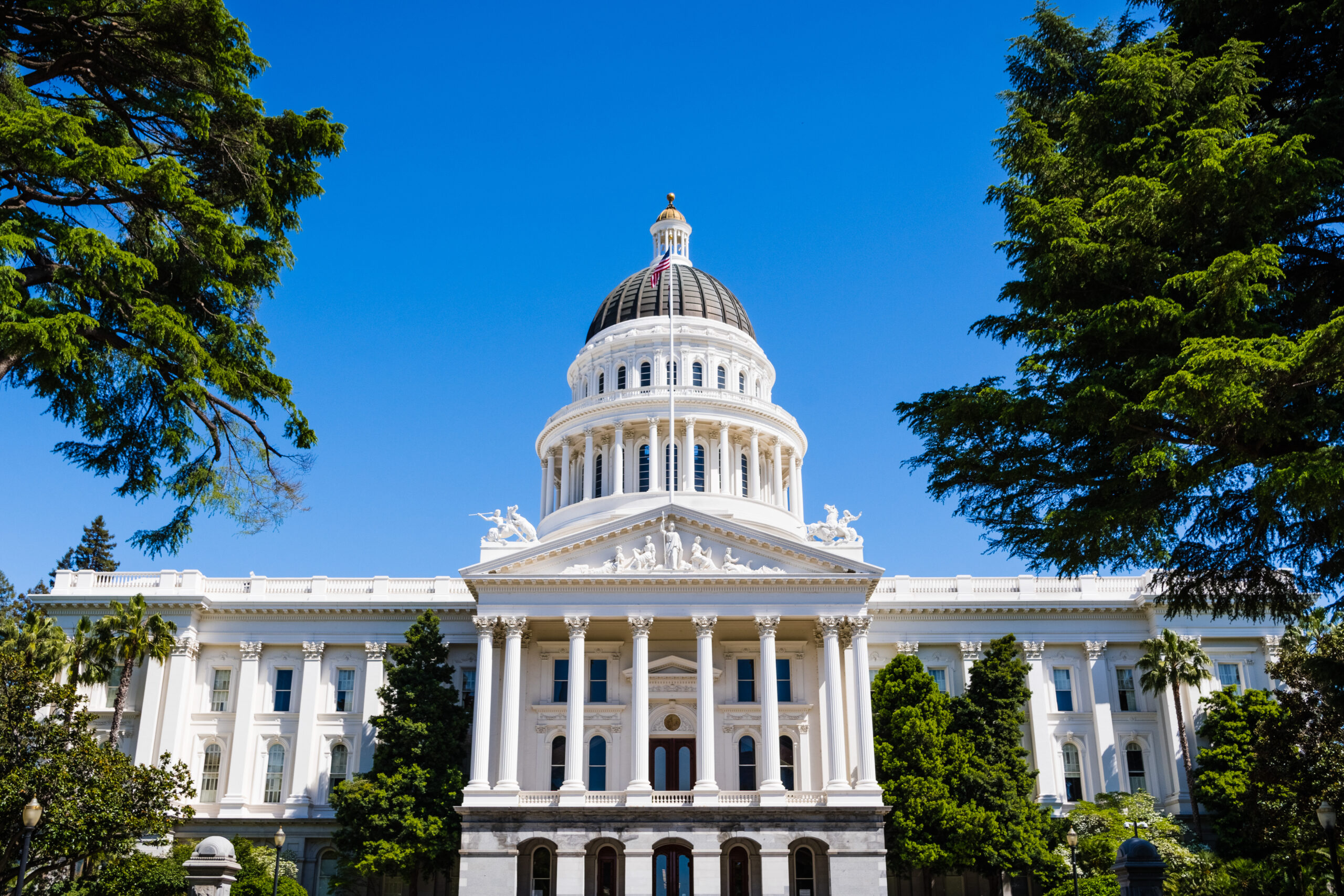
Infographic Explores Driver Data Collection and Use in Connected Cars
FPF’s “Data and the Connected Vehicle” Demystifies Connected Car Ecosystem as Policymakers Look to Regulate SEPT. 16, 2024 — Vehicle technologies are evolving rapidly, in every facet of the system, from safety features to entertainment, and occupant convenience. Many of these new features are enabled by the collection of driver and occupant data – and […]

FPF Unveils Report on Emerging Trends in U.S. State AI Regulation
Today, the Future of Privacy Forum (FPF) launched a new report—U.S. State AI Legislation: A Look at How U.S. State Policymakers Are Approaching Artificial Intelligence Regulation— analyzing recent proposed and enacted legislation in U.S. states. As artificial intelligence (AI) becomes increasingly embedded in daily life and critical sectors like healthcare and employment, state lawmakers have […]

Call for Nominations: 15th Annual Privacy Papers for Policymakers Award
Future of Privacy Forum Award Elevates Privacy Research to Inform Policy Discussion September 9, 2024 —The Future of Privacy Forum (FPF) invites scholars and authors with an interest in privacy issues to submit finished papers to be considered for its 15th annual Privacy Papers for Policymakers (PPPM) Awards. The award provides privacy and data protection […]

Five ways in which the DPDPA could shape the development of AI in India
India enacted the Digital Personal Data Protection Act, 2023 (DPDPA) on August 11, 2023, a comprehensive data protection law culminating from a landmark Supreme Court decision recognizing a constitutional right to privacy in India, and discussions on multiple drafts spanning over half a decade. The law comes at a time when, globally, there has been […]

Does the GDPR Need Fixing? The European Commission Weighs In
The European Commission published its second Report on the General Data Protection Regulation (GDPR) on July 25, 2024, assessing the progress of its impact and effectiveness of application since the Commission’s first Report published in June 2020. The second Report acknowledges relative success of the GDPR in protecting individuals and supporting businesses, while also highlighting […]

The Impact of Generative AI on Kids’ Privacy, Safety, and Security
Join us for the next event in a series on privacy, security, and online safety for young people in Australia. The Impact of Generative AI on Kids’ Privacy, Safety, and Security, takes place on Tuesday, October 15, 9:30 am – 11:30 am Australian Eastern Time. In our increasingly digital world, the boundaries of our expectations […]

Privacy Roundup from Summer Developer Conference Season 2024
Ahh, summer. A time for hot dogs, swimming pools, and software developer conferences. For third-party application developers to deliver new tools with the best features for the lucrative fall quarter, they must have access to all the APIs and tools by the summer before. This has meant that early summer has become known as a […]

Looking Toward the Future: Building a Safe, Secure, and Private Internet for Everyone
Join us for another event in a series on privacy, security, and online safety for young people in Australia. Looking Toward the Future: Building a Safe, Secure, and Private Internet for Everyone, takes place on Wednesday, September 4, 9 am – 11 am Australian Eastern Time. In our increasingly digital world, the boundaries of our […]

FPF Highlights Intersection of AI, Privacy, and Civil Rights in Response to California’s Proposed Employment Regulations
On July 18, the Future of Privacy Forum submitted comments to the California Civil Rights Council (Council) in response to their proposed modifications to the state Fair Employment and Housing Act (FEHA) regarding automated-decision systems (ADS). As one of the first state agencies in the U.S. to advance modernized employment regulations to account for automated-decision […]

FPF Responds to the Federal Election Commission Decision on the use of AI in Political Campaign Advertising
The Federal Election Commission’s (FEC) abandoned rulemaking presented an opportunity to better protect the integrity of elections and campaigns, as well as to preserve and increase public trust in the growing use of AI by candidates and in campaigns. When generative AI is used carefully and responsibly, it can reach different segments of the population […]
